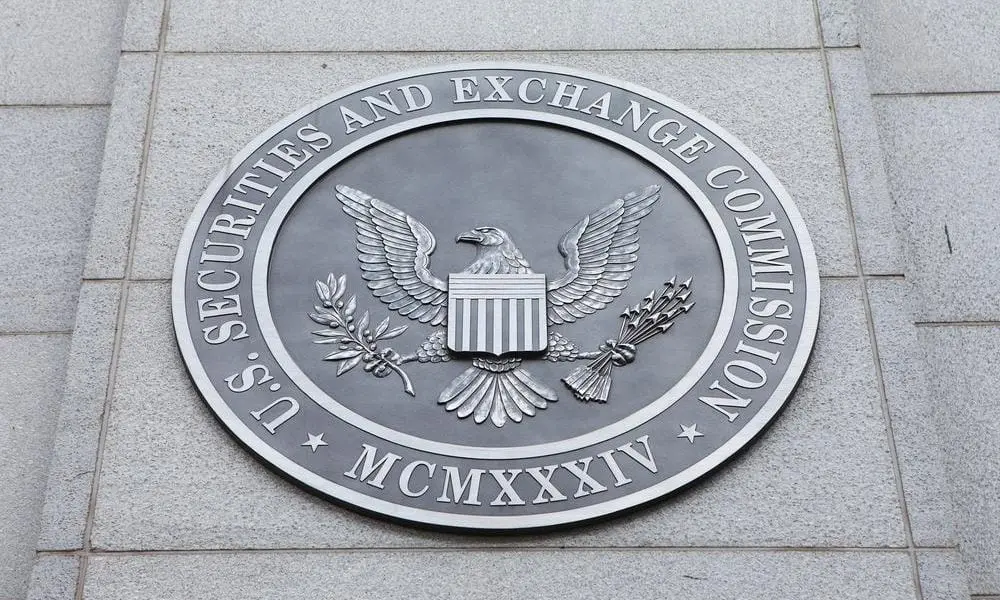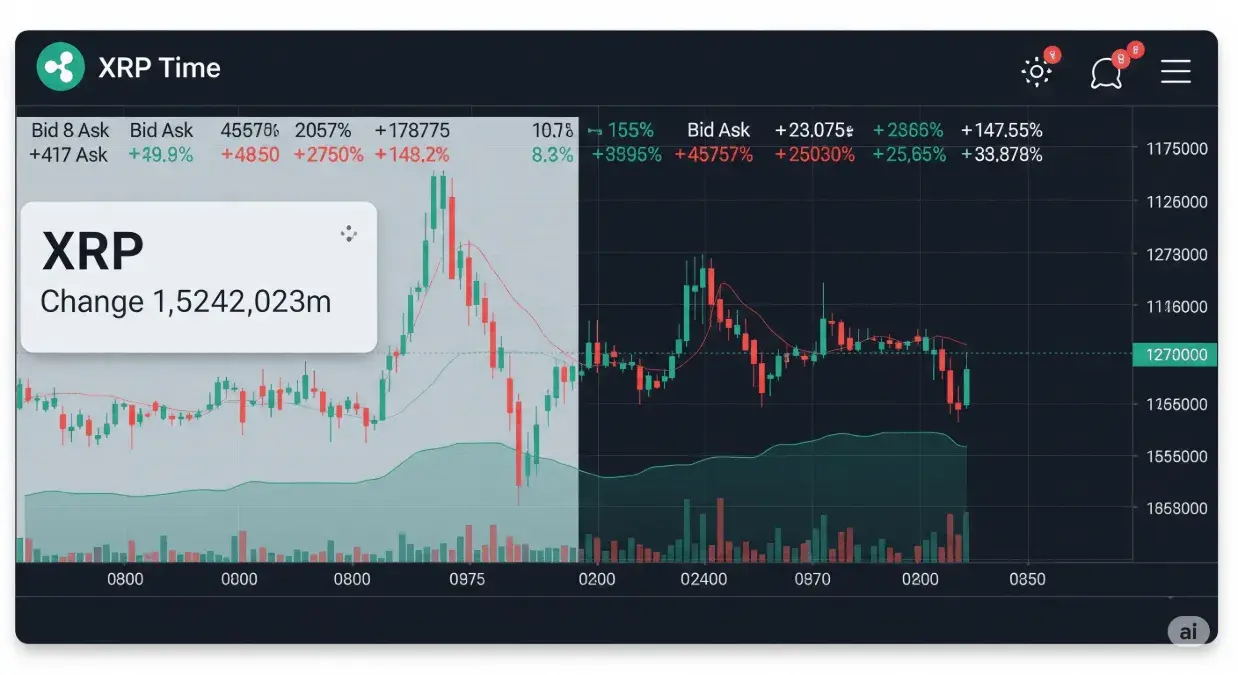Grayscale: SEC violates applicable law by rejecting Bitcoin Spot ETFs

After several rejections under its former boss Jay Clayton, the SEC finally approved a Bitcoin futures ETF under Gary Gensler this year. Oddly enough, she’s still adamant about a spot ETF, and Grayscale believes it’s a violation of a law that governs how federal agencies should make their decisions.
The SEC approved three Bitcoin ETFs from Valkyrie, ProShares, and VanEck this year. The ProShares Bitcoin Strategy ETF (ticker symbol BITO) was the first to be approved and it was an instant hit. In two days he reached $ 1 billion in assets under management – a record for the US market. However, the three approved ETFs are futures ETFs. The SEC has denied all applications for spot ETFs, most recently VanEck’s in November.
A futures ETF allows investors to use derivatives to speculate on the future price of an asset, in this case Bitcoin. A spot ETF, on the other hand, allows investors to trade the current price of an asset. This is similar to owning that asset at some point in time.
Grayscale: SEC commits legal violation by rejecting Bitcoin spot ETFs
Grayscale opposes the “discrimination” of a product and the approval of a very similar product. In a letter from Davis Polk & Wardwell LLP’s law firm, which represents the company, Grayscale argues that the SEC found one product to be legally compliant and another, nearly identical, product to not. The authority is submitting spot ETFs “to another, vague and obviously impossible to meet standard”.
Such an approach would not only be fundamentally unfair to the shareholders of Bitcoin, but would also violate the prohibition of discrimination against issuers under Section 6 (b) (5) and constitute an arbitrary administrative act, which the Administrative Procedures Act (APA) – the Administrative Practices Act – disregard.
The law regulates the procedure according to which federal agencies such as the SEC must draft and enact regulations. It also applies to the issuing of declarations of principle, licenses and permits.
The SEC justified its rejection with the subtle difference between the laws that apply to spot and futures ETFs. Both are primarily subject to the Securities Act of 1933, but spot ETFs are also subject to the Company Act of 1940. Gary Gensler in particular has made it clear that this additional provision is the main reason why one product can be approved and the other but not.
However, as Grayscale notes, the Company Act only applies to the issuer of the ETF, so the SEC can directly oversee the management of the product. When rejecting the spot ETFs, however, the SEC never cited the ability to monitor the issuer as a reason for the rejection. Rather, she claimed that the cryptocurrency market was susceptible to manipulation. Craig Salm, Head of Legal at Grayscale, detailed the conflicting signals from the SEC in a blog post :
“With regard to claiming that the Company Act has increased investor protection, I would like to emphasize that this law does not address fraud or manipulation in the assets or markets of assets held by ETFs. […] It even explicitly lists the types of abuse it seeks to prevent and imposes certain restrictions on exchange-traded funds, including accounting, borrowing, custody, fees and independent bodies. “
Tampering allegations by the SEC are unfounded?
Craig also attacked the SEC’s tampering allegations. The agency claims that Bitcoin spot ETFs are prone to tampering, but still approves futures ETFs that track exactly the same underlying asset.
The three previously approved Bitcoin ETFs hold futures contracts that are traded on the Chicago Mercantile Exchange (CME), a marketplace regulated by the federal government. However, this is not an argument against spot ETFs, argues Grayscale. Because the spot ETFs rejected by the SEC wanted to replicate all the CME indices and would therefore have to trade on an equal footing with the futures ETFs.
If spot ETFs can be manipulated, then “someone could theoretically also manipulate Bitcoin on a spot exchange and influence the regulated CME Bitcoin futures and thus also the futures-based ETFs – again provided that one was involved in fraud or Believes manipulation, ”said Craig. The lawyer concluded:
“As it stands, the Bitcoin ETF landscape is unfair and discriminatory to GBTC shareholders and all other US investors looking for an accessible and efficient way to increase their Bitcoin exposure.”
Grayscale’s bold move to attack the SEC comes just three weeks prior to the announcement of the agency’s decision on Grayscale’s Bitcoin Spot ETF filing. The SEC requested public feedback on the ETF filing earlier this year and is expected to deliver its ruling on December 24th. However, it would not be a surprise if the agency decided to extend its self-imposed deadline, which it has done many times in the past.
Grayscale, which holds roughly $ 37 billion in its GBTC Bitcoin trust, is taking a risky move by opposing the regulator. Coinbase did so a few months ago, criticizing the SEC for cracking down on their Coinbase Lend product. Then, just a few days later, the exchange had mysteriously given up on its plans and claimed to be working with the regulator.





